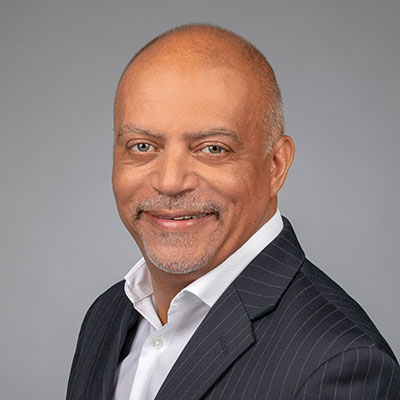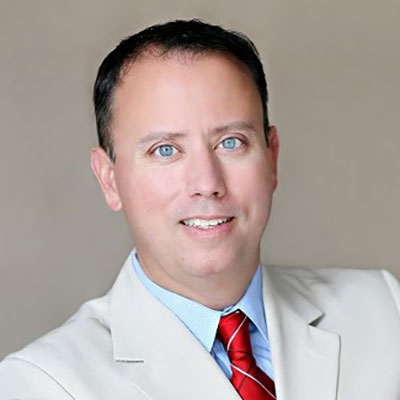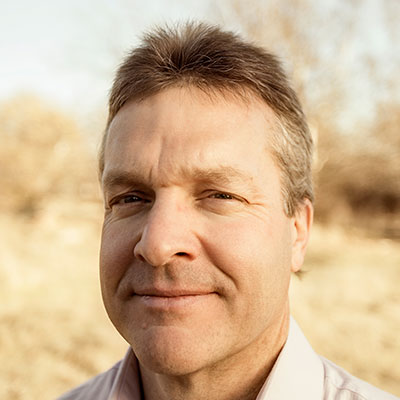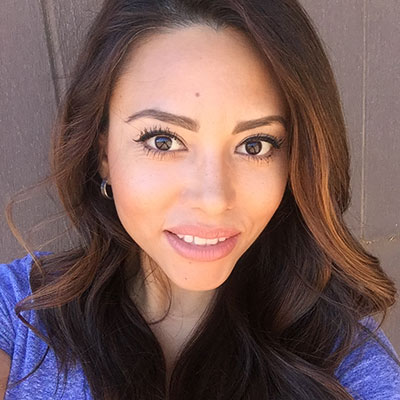Why Invest in a Franchise?

Why Invest in a Franchise?
Here’s Nine Compelling Reasons
by Brian LaCour
Certified Franchise Consultant
When you’ve got the entrepreneurial itch, you might be weighing whether to go it alone or invest in a franchise. Here are nine arguments in favor of the second option.
1. You get off to a head start with the backing of a named brand. By purchasing a franchise, you’re often buying into a business with a brand that’s already been developed or emerging, marketed, and, most important, familiar to consumers.
2. You can choose the franchise that accommodates your lifestyle. Maybe you want to work from home or work only certain parts of the year. Perhaps you don’t want to manage employees. Investing in a franchise allows for this flexibility. Franchises are diverse, and many of them don’t require employees or office space. You can opt for a franchise that’s right for your interests and skills.
3. You receive customized training designed to get you up to speed with your business. In a mix of classroom and on-the-job training, the franchisor will teach how to operate the business as well as the techniques particular to the brand. The transfer of knowledge during training serves as the foundation of a successful franchise network and is not available to someone in business by himself.
4. You benefit from intellectual property, trademarks, and patents. Many franchisors grant you access to proprietary technology or software that’s designed specifically to their brand and gives franchisees an edge over their competitors.
5. You benefit from strategic partnerships and agreements. By joining a franchise network, you become part of a much larger, more powerful network than you could have on your own. This applies to everything from negotiating the purchase of advertising to making supply arrangements.
6. You increase your chances of success. Franchise ownership increase your chances of being in business five or 10 years later and being profitable.
7. You have a team protecting the integrity of the brand. Being part of a franchise network requires adhering to rules and regulations. The upside is that there are standards for quality control among all franchisees. In addition, a strong franchise network will ensure all the franchisees are operating at peak performance.
8. You follow a formula that has proved successful. One discouraging aspect of starting your own business is testing the products and/or services you’re trying to sell. Going out on your own requires a leap of faith. A franchise network has already found what works.
9. You’re not alone. Starting a business can be intimidating. It is a test of endurance as you navigate unfamiliar territory. With a franchise, your network is just a phone call, email, or text message away. A support team will assist you when you open and as you continue to grow your business.

Brian LaCour has more than 20 years of business leadership experience in driving fiscal results, strategic planning, saving costs, increasing revenue, streamlining processes, and developing top performing teams. LaCour’s passion for helping people led him to the role as president of the International Franchise Group. Call LaCour at 561-502-7283 or email him at blacour@internationalfranchisegroup.com. Visit www.internationalfranchisegroup.com.





 Don Clayton has spent more than 15 years helping others achieve their dream of business ownership. Starting as a franchise consultant for FranServe in 2001, he quickly became a top producer. His passion for the business led Don to the position of VP of Talent Acquisition, where he is committed to recruiting successful candidates. Contact Don at
Don Clayton has spent more than 15 years helping others achieve their dream of business ownership. Starting as a franchise consultant for FranServe in 2001, he quickly became a top producer. His passion for the business led Don to the position of VP of Talent Acquisition, where he is committed to recruiting successful candidates. Contact Don at 
 Geoff Batchelder has been a franchise consultant and franchise development expert for the last 10 years after spending 25 years focusing on business development in the high-tech industry. Contact him at 1-877-222-3722 or
Geoff Batchelder has been a franchise consultant and franchise development expert for the last 10 years after spending 25 years focusing on business development in the high-tech industry. Contact him at 1-877-222-3722 or 






